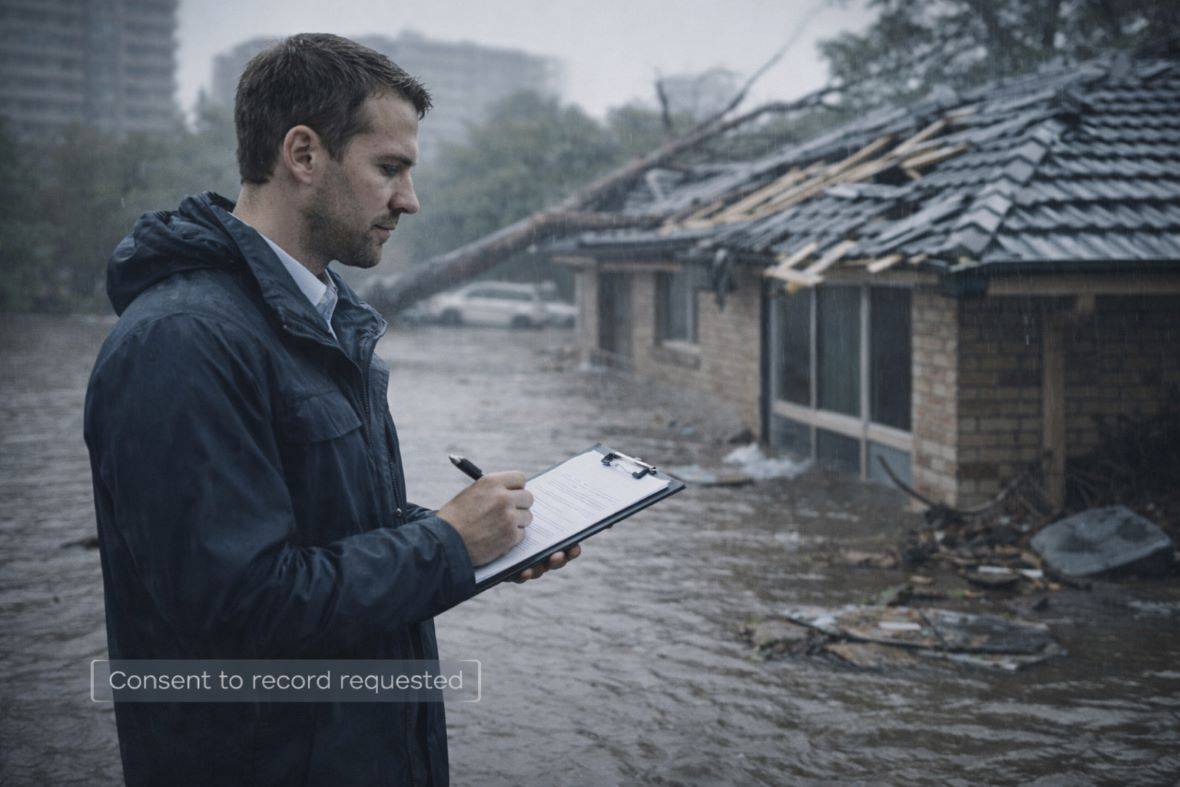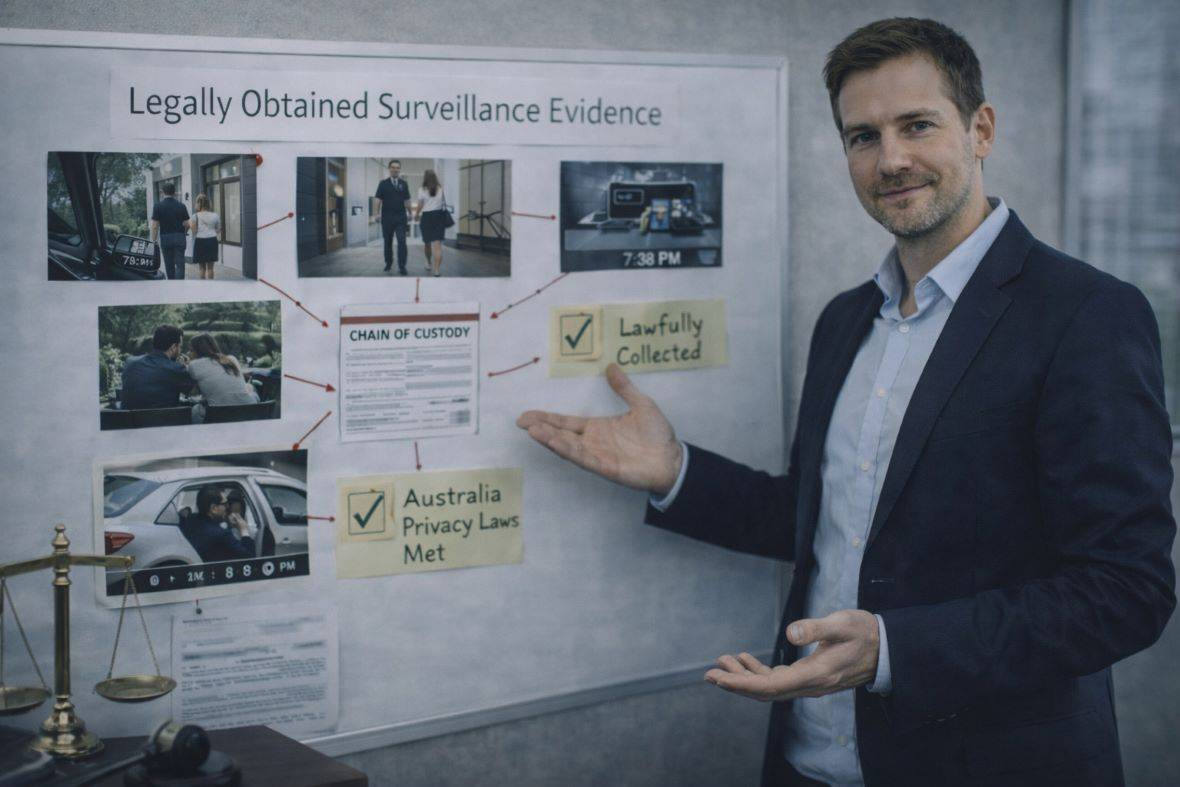Reporting Insurance Fraud in Australia

Insurance fraud is a significant issue in Australia, impacting the insurance industry and honest policyholders. Understanding what is insurance fraud, how it’s detected, and, importantly, how to report insurance fraud are critical steps in safeguarding the integrity of the insurance system.
Understanding Insurance Fraud
Insurance fraud is a deceptive act committed to secure an unlawful gain from an insurance process. It can range from exaggerated claims to fabricating accidents or damage. This malpractice affects insurance companies and has a wider impact on the economy and society.
Types of Insurance Fraud
Beyond fraud insurance claims, insurance fraud can take several forms. It may involve:
- Staging accidents
- Forging or altering documents
- Misrepresenting facts during the application process
- Identity theft to claim benefits
Organized fraud rings are also a significant concern, where groups collaborate to commit large-scale fraud against insurance providers.
Impact
The ramifications of insurance fraud extend far beyond increased premiums for honest customers. It puts an undue strain on the insurance system, leading to more rigorous claim processes, which can inadvertently affect genuine claimants. Insurance fraud also contributes to the overall economic burden, as the costs are ultimately passed on to consumers and taxpayers. Moreover, it undermines the trust in the insurance system, which is crucial for its smooth functioning.
Prevention and Awareness
Effective prevention of insurance fraud requires a multifaceted approach. This includes educating policyholders about the importance of honesty in applications and claims, enhancing the detection capabilities of insurance companies, and implementing stricter legal and regulatory measures to deter potential fraudsters. Public awareness campaigns play a key role in highlighting the consequences of such actions, not just for the perpetrators but for the community.
Role of Technology
Technological advancements, like artificial intelligence and machine learning, are increasingly being leveraged to detect patterns indicative of fraudulent activities. These tools can analyze large volumes of data to identify inconsistencies and suspicious behaviors, thus enabling early intervention.
How to Report Insurance Fraud
Reporting insurance fraud is vital in combating this crime. If you suspect someone of committing insurance fraud, it’s important to know how to report it.
- Steps to Report: Contact the insurance company and provide details of the suspected fraud and any evidence you may have. Reports can often be made anonymously.
- Reporting Insurance Fraud Anonymously: Many organizations allow individuals to report suspected fraud anonymously, ensuring the reporter’s privacy and protection.
Insurance Fraud Penalties
The penalties for insurance fraud in Australia are severe. Depending on the severity of the fraud, penalties can range from fines to imprisonment. Is insurance fraud a crime? Yes, it is a criminal offense, and perpetrators can face criminal charges, leading to a criminal record, fines, or even jail time.
Insurance Claim Fraud Detection
Detecting insurance fraud is a complex process that involves analyzing claim patterns and identifying inconsistencies. Insurance companies use various methods, such as data analysis and pattern recognition, to identify suspicious claims.
The Importance of Reporting
Reporting insurance fraud is a critical aspect of combating this widespread issue. It’s not merely the responsibility of insurance companies and investigators but a societal duty. By actively reporting fraud, individuals contribute significantly to reducing the overall insurance cost for everyone. This collective effort leads to a more transparent and fair insurance system.
Community Role
The role of the community in identifying and reporting insurance fraud cannot be overstated. Every member of society can contribute to this effort. Vigilance in spotting suspicious activities or inconsistencies and the willingness to report such observations are key. Community awareness programs and educational initiatives are vital in empowering individuals with the knowledge and tools to recognize and report fraud.
Impact of Reporting
When insurance fraud is reported and subsequently addressed, it deters others from attempting similar acts. This creates a ripple effect, fostering an environment where honesty is the norm and fraud is the exception. Timely reporting also aids in swift action, preventing the fraud from escalating and causing further financial damage.
Channels for Reporting
Various channels for reporting insurance fraud are available, including hotlines, online portals, and direct communication with insurance providers. These channels are designed to be accessible and user-friendly, encouraging more people to come forward with information. Many organizations also offer the option to report anonymously, ensuring the reporter’s safety and confidentiality.
Collaboration with Authorities
Reporting fraud also facilitates collaboration between the community, insurance companies, and law enforcement agencies. This partnership is crucial for effective insurance investigation and prosecution of fraudulent activities. These entities can create a more robust defense against insurance fraud by working together.
Long-Term Benefits
Consistent reporting of insurance fraud contributes to a broader understanding of the issue, helping to shape better policies and preventive measures. It also reinforces the integrity of the insurance industry, ensuring that genuine claimants receive fair and timely support.
The Necessity of Private Investigators in Insurance Fraud Cases

Private investigators play a pivotal role in the realm of insurance fraud. Their expertise is often necessary when complex cases require more in-depth investigation.
- Expertise in Surveillance: Private investigators are skilled in discreetly gathering evidence. This is particularly important in cases suspected of staged accidents or exaggerated injuries.
- Gathering Concrete Evidence: They are adept at collecting hard-to-obtain evidence, which is crucial in proving the occurrence of fraud insurance claims.
- Legal Knowledge: Private investigators understand the legalities involved in insurance fraud, ensuring that all evidence gathered can be admissible in court should the case reach that stage.
The involvement of private investigators in insurance fraud cases underscores the seriousness of these crimes. Their skills in uncovering and documenting evidence are invaluable in the fight against fraud, helping to ensure that those who commit these acts face the appropriate insurance fraud penalties.
Conclusion
Insurance fraud is a serious crime that affects all policyholders. Understanding what is insurance fraud, the role of insurance fraud investigators, how to report insurance fraud, and being aware of the insurance fraud penalties in Australia are crucial in combating this issue. By staying informed and vigilant, we can all play a part in preventing insurance fraud and maintaining the integrity of the insurance system.
In this endeavor, Triumph Australia stands as a dedicated ally. Specializing in insurance and fraud investigations, our company offers a comprehensive suite of services to combat insurance fraud. We employ seasoned experts, including private investigators, adept at uncovering fraudulent activities and assisting in legal proceedings. With a commitment to integrity and excellence, Triumph Australia is your partner in safeguarding against insurance fraud, ensuring a fair and just insurance landscape for all Australians.









